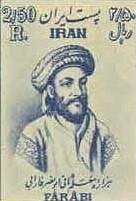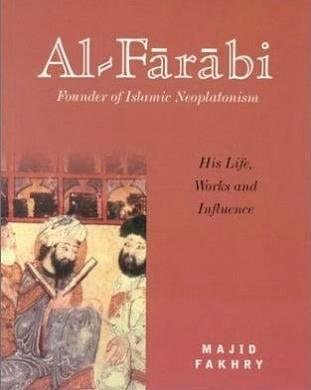a figure of Islamic scientists and philosophers

Al-Farabi is the nickname for Abu Nasr Ibn Muhammad ibn Tarkhan ibn Auzalagh. Al-Farabi was born in a village called Wasij which is a district of Farab city. Currently the town of Farab is known by the name of the city of Atrar / Transoxiana year 257 H / 870 M.al-Farabi by middle-aged Latins dubbed Abu Nashr (Abunaser), while Al-Farabi's nickname was derived from the name of the city of Farab, where he was born. His father was a Persian national and his mother was Turkish.

Al Farabi is known for his abilities in various fields. Among other things are mathematics, philosophy, medicine, natural sciences, theology, and music. In the field of philosophy, he was the first Islamic philosopher to successfully reconcile and harmonize classical Greek political philosophy with Islam.so, it is understandable in the context of revelatory religions.
Al-Farabi's philosophy is a mixture of Aristotelian philosophy and Neo-Platonism. He is known as "second teacher" after Aristotle, for his ability in understanding Aristotle, who is known as the first teacher in philosophy.
Al Farabi is considered one of the leading thinkers of the medieval era. During his life al Farabi many works. If viewed from the Sciences, al-Farabi's works can be reviewed in 6 sections:
-Logic
-Mathematical Sciences
-Natural Science
-Theology
-Political Science and State
-Pilger (Pole Munawwa'ah). His most famous work is Al-Madinah Al-Fadhilah (City or Main State) which discusses the achievement of happiness through political life and the relationship between the best regimes according to Plato's understanding with Islamic law.